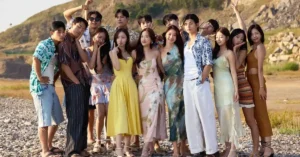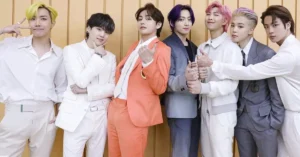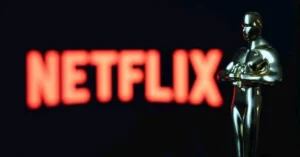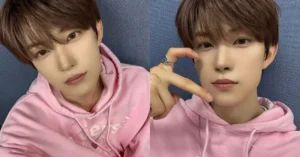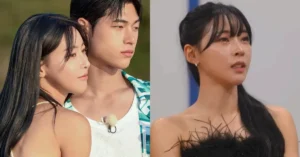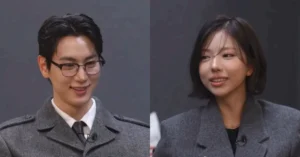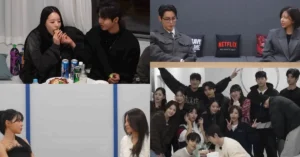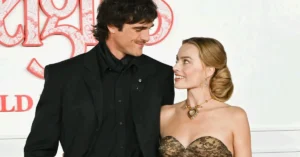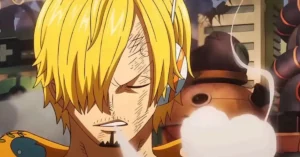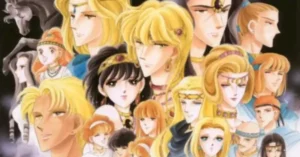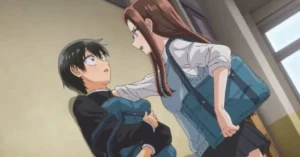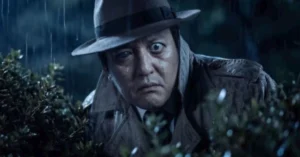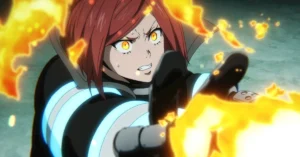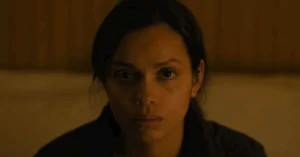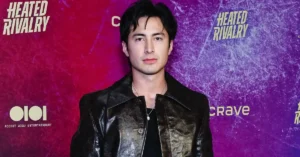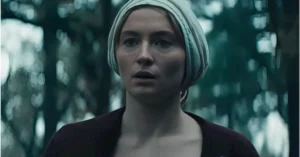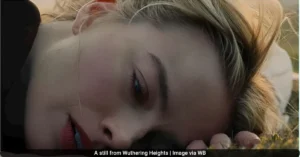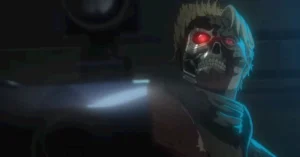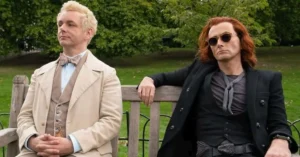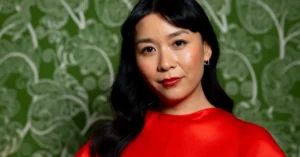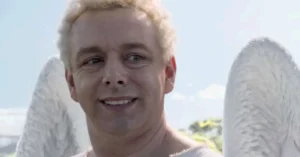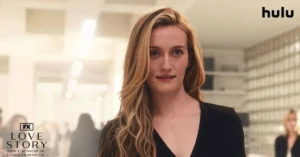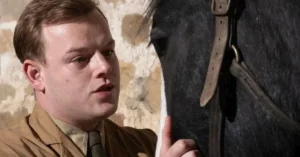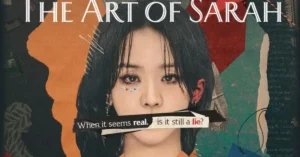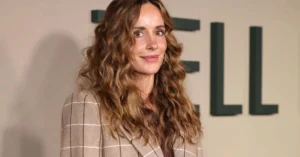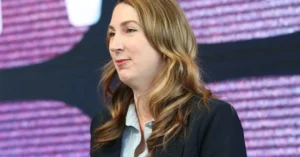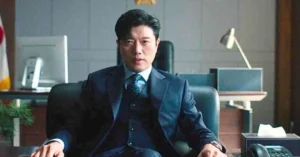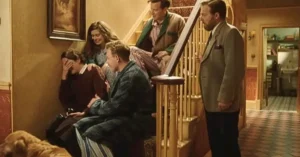The return of One-Punch Man Season 3 has been met with significant fan disappointment, but a prominent voice from the anime industry is urging viewers to reconsider where they place the blame. Vincent Chansard, a respected animator known for his work on One Piece and Jujutsu Kaisen, has stepped forward to explain that the issues are more complex than they appear and that the animation studio, J.C. Staff, is not the sole party responsible for the show’s perceived quality drop.
The Backlash Against One-Punch Man Season 3
One-Punch Man Season 3 premiered on October 12, 2025, continuing the popular Monster Association Arc from the manga. The season has faced intense criticism from fans for its animation quality, with many describing it as underwhelming and lifeless. This criticism is not new for the series; it began when animation duties shifted from Madhouse, which produced the widely praised first season in 2015, to J.C. Staff for the second season in 2019.
Fans have been particularly vocal on social media and platforms like Reddit, pointing to specific scenes as evidence of poor quality. A moment from the second episode where the character Garou slides down a hill with very little animation has become a popular meme, symbolizing the frustration for many viewers. This negative response has, unfortunately, extended to online harassment targeted at the show’s staff.
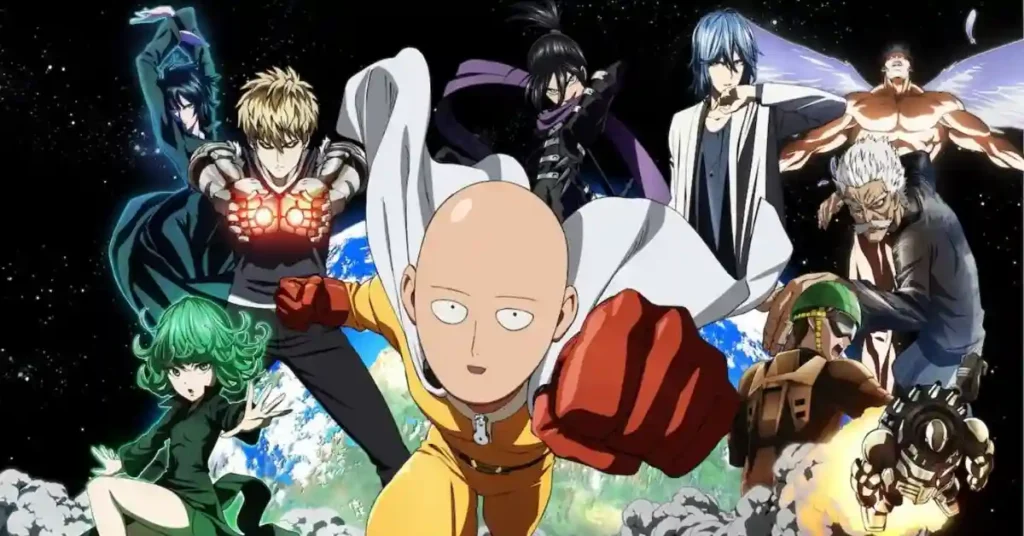
An Insider’s Perspective on Production Realities
In a recent YouTube livestream interview with KOL: Requiem, Vincent Chansard provided crucial context for the situation. He defended J.C. Staff, stating that the common narrative blaming the studio is a simplification of a much more complicated production process.
“I think a lot of people blame J.C. Staff, but it’s a bit more complex. Sometimes, it’s not about the animation studio; sometimes it’s about the production committee that is on top of everything,” Chansard explained.
A production committee is a group of companies that collectively fund an anime and make high-level decisions about its budget, schedule, and which studio is hired. Chansard’s comments highlight that J.C. Staff is working within constraints set by these committees, not making all creative and financial decisions independently. He described J.C. Staff as a studio simply trying to survive in a difficult industry.
“J.C. Staff is just a studio that’s trained to survive, you know what I mean? Like again, the Japanese industry is very difficult. Right now, it’s very difficult for them.”
Chansard also addressed the added pressure that comes from fan backlash, noting that harassment towards animators and staff on social media only worsens an already stressful working environment.
The Human Cost of Online Harassment
The wave of criticism has had direct consequences for the people behind the show. Shinpei Nagai, the director of One-Punch Man Season 3, deleted his social media account in mid-October 2025 due to the online harassment.
In a final tweet, Nagai wrote that the situation was taking a toll on his mental health and that the negativity was harmful to the work, the staff, and the original creators. He confirmed he would not return to social media. This incident shows the real-world impact that fan outrage can have on the artists involved in a project, who are often bound by non-disclosure agreements and unable to publicly address specific concerns.
A History of High Expectations
The core of the issue lies in the exceptionally high standard set by One-Punch Man Season 1. Produced by Madhouse with a unique combination of a flexible schedule and a talented team, its animation quality became a benchmark for action anime. When the series moved to J.C. Staff, the change was immediately noticeable to fans.
Despite a six-year gap between the second and third seasons, the animation in the new season has not met the expectations of many fans hoping for a return to the original’s visual style. However, as Chansard notes, the conditions that allowed for Season 1’s quality are rare in a demanding industry known for tight deadlines and challenging working conditions.
How the Anime Industry Really Works
The discussion sparked by Chansard’s comments goes beyond a single show and points to systemic issues within anime production. Studios like J.C. Staff are often service providers working on projects selected and funded by production committees. These committees control the resources and timelines, leaving the studio to execute the vision with what they are given.
This structure means that a studio with a strong track record can still produce uneven work if it is operating under impossible deadlines or budget constraints. The conversation has opened up a broader debate about the sustainability of the anime industry’s current model and the need for fans to better understand the production process before assigning blame.
Also Read: One-Punch Man Season 3 Director Leaves Social Media Following Fan Harassment


